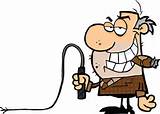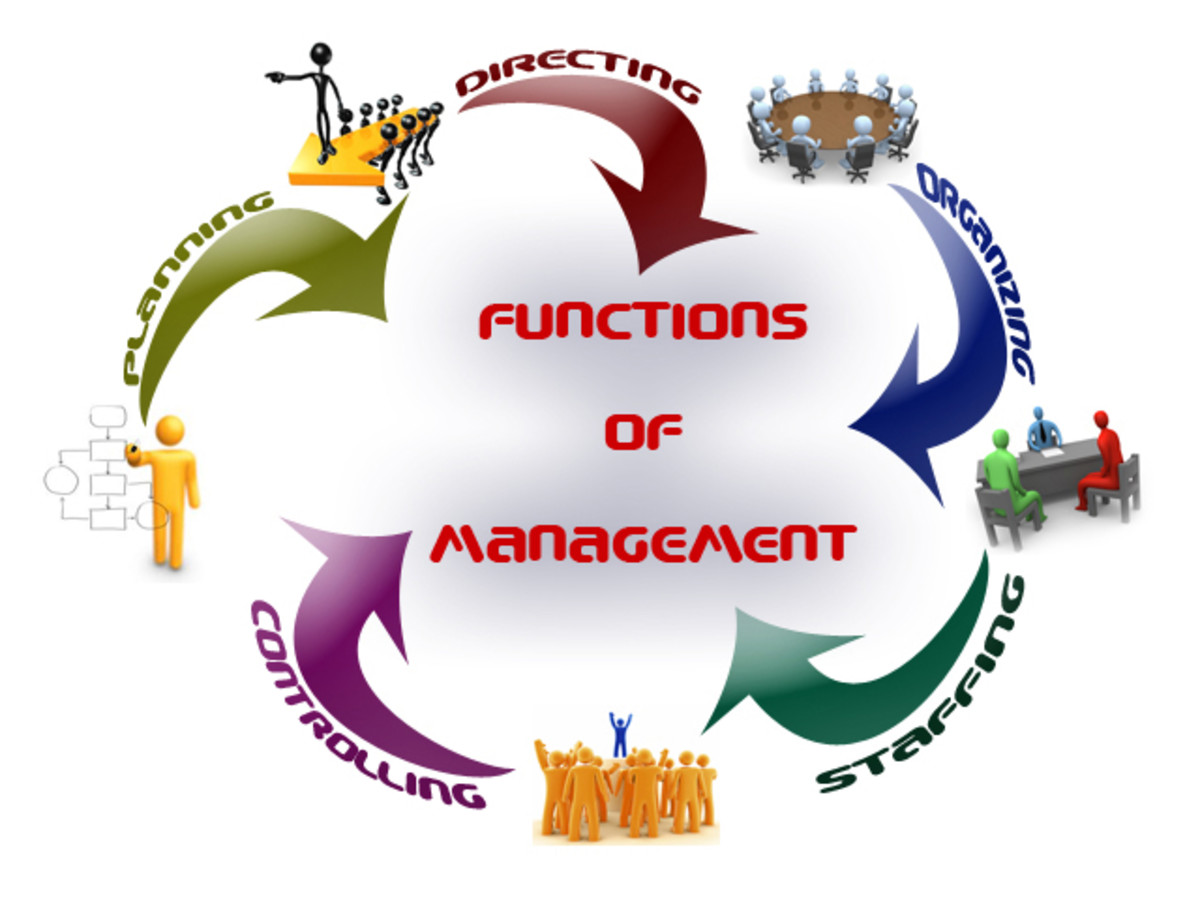Controlling Others: An Addiction?


Controlling Others: An Addiction?
Some have an emotional addiction to be in control of people and events.
The need for control frequently disrupts important relationships. It is often at the root of many marital conflicts ending in divorce. It can also cause conflicts in the work environment.
The ability to take command, to organize, and exercise leadership is seen as a positive strength in many arenas. But that strength can quickly turn into a train wreck when it disrupts our most important relationships with friends, family, business, and church. At some point the urge to control becomes compulsive, unrestrained, and destructive. This is called a control addiction.
Those suffering from control addiction are often unaware they have a problem, or it causes problems for others. They tend to be convinced their methods and opinions are correct and can barely tolerate anyone who dares to contradict them. They feel driven by a sense of duty, assuming they must absolutely do this, that, or the other.
They generally act superior on the outside while feeling inferior on the inside. Howerver, control addictions are treatable and curable.
Control Addiction
Most of us, to some degree, like to be in control. For some, the ability to take control, organize, and exercise leadership is a positive trait. But that strength can quickly turn into a disastrous weakness by disrupting our most important relationships.
At the point the urge to control becomes compulsive, unrestrained, and destructive to relationships, it becomes a control addiction.


Characteristics of Control Addiction
Control addicted people are often unaware they have a problem, or create problems for others. They tend to be convinced their opinion, methods, and priorities are correct. They can scarcely stomach anyone or thing that contradicts them.
A control addiction is treatable and curable. Control addicted people can give themselves and others freedom to be human and make mistakes. The key to recovery lies in: understanding the addiction and yielding it to God for healing.
Seven Control of Addictive Thoughts
-
“I stress performance over relationships.” This attitude lives in many corporate managers and executives. People and feelings are unimportant. A product, produced under budget, is the prime consideration. Sadly, many transfer this attitude to their families as well, demanding excellent performance by both children and spouse. This only results in creating pain and destroyed relationships.
-
“I'm uncomfortable with those who disagree with me.” Any relationship will function more smoothly if two people have compatible ideas, goals, and values. But compatibility doesn't mean unvaried. Many demand sameness from family members and friends, and may even become angry when speaking to strangers about some point of contention.
For example, religion or politics. They feel accepting a person whose ideas are “wrong” amounts to condoning the persons “wrong ideas,” so the person and his ideas must be rejected in its entirety. They have to be right!
-
“I try controlling everything as much as possible.” Many compulsive controllers try telling of themselves, “I don't try to control people, I exercise leadership.” The fact is, leaders lead by inspiring and motivating. Controllers demand conformity and obedience. They do this by being bossy, shouting, manipulating, advice giving, or simply butting in and taking over. They don't trust followers to follow willingly.
-
“I often feel impelled to do something because it's my obligation.” Control addicts aren't merely committed; they are completely obligated. They feel they can't say no. This sense of obligation is rooted in a need for such a integrated, governed life there's no allowance for choice. Things are either black or white.
-
“It's difficult to admit my weaknesses.” Control addicts don't just gloss over their weaknesses and mistakes; they present themselves to the world as having no flaws. They gladly point out the shortcomings of others, but there is no willingness to admit their own. To admit their own flaws is to become vulnerable, to be removed from the driver's seat. That is absolutely intolerable to a control addicted person.
-
“I don't like my emotions, or those of others.” Emotions are illogical, meaning they aren't subject to control. When exposed to another person's emotions, a control addict will fidget anxiously waiting for them to get to the point.
-
“I get annoyed with the mistakes of others.” Control addicts have high, idealistic expectations of themselves and others. Even minor flaws, are unsatisfactory. This trait leads to impatience, faultfinding, and disapproval of their performance. They often display an air of superiority and condemnation over others.

The Christian Control Addict
One of the most common difficulties found in treating control addicts is Christian values often conflict with a compulsive controller's need to always be right, and in control. They have a marked tendency to Lord their belief over others, behave in condescending, superior minded ways. They appear rigid and narrow-minded in their beliefs. They are also often abrasive in their evangelizing.
For a number of these control addicts, those who don't believe as they do in matters of faith and doctrine are heretics or worse. Somehow, they fail to grasp the value of humility in Christian faith. To be truly humble one must recognize only God has all truth. Even possessing the Bible as we do, we Christians acknowledge our understanding of the Bible is limited. And our interpretation of the Bible may well be blemished in some respects.
The Bible presents Christian faith as kinship between a loving Heavenly Father and His children. But to many addicts, Christianity is merely a system of rules and regulations. True Christianity is freedom and joy;the addict only sees it as a life of legalism and fear.
It's understandable many would want life delegated to a set of simple easy to grasp rules. We don't want to deal with uncertainties. For instance, we must face the fact Christians have problems, they get anxious, depressed. Sometimes they experience burnout. Compulsive controllers flinch from such thoughts as “I don't have emotional problems. That's for people who don't have enough faith!” They renounce the possibility of any human weakness, thereby shutting off any possibility of healing.
It's sad, compulsive controllers are inclined to disregard the healing power of being transparent and vulnerable with other Christians. Addicts simply refuse to allow themselves to be human.
They can't experience true Christian fellowship, where everyone confesses their sins and weaknesses. They are trapped in a frantic struggle to appear perfect. But God wants to free compulsive controllers from that snare.
Yielding the Addiction
How can this addiction be cured? It must be done moment by moment. If you are a control addict, you must learn to make deliberate choices:
-
Choose to let others be themselves. That means allowing your children to make their own mistakes, to fail, to be human. Letting your spouse's flaws and faults go by without comment or resentment. That means giving your friends, employees or fellow Christians room to breathe. It also means stop taking over and doing things for others because you don't believe they can do it right. It means stop giving advice, pushing others to get their work done, or get to places on time. Instead, positively encourage others to be responsible for their own actions.
-
Choose to be yourself. The same grace you are attempting to give to others, you must also give to yourself. When you feel tempted to judge yourself for a mistake, remind yourself you're only human. Give yourself the right to make mistakes.
-
Choose to live humbly. No more acting superior while feeling inferior. From now on you don't have to be perfect, the best, or right. You don't have to hide your weaknesses or maintain a superior image. When others express ideas different from yours, remind yourself you don't have all the answers because you are human. Try to see every irritation, setback, or disappointment as an opportunity to learn more about humility.
-
Choose to be firm, not controlling. No one is suggesting you should be a pushover. You can be steadfast in your convictions while being open-minded and a good listener. You can be a leader without being in control. You can be organized without being a perfectionist. You must practice being assertive and firm without resorting to sarcasm, manipulation, and accusations.








